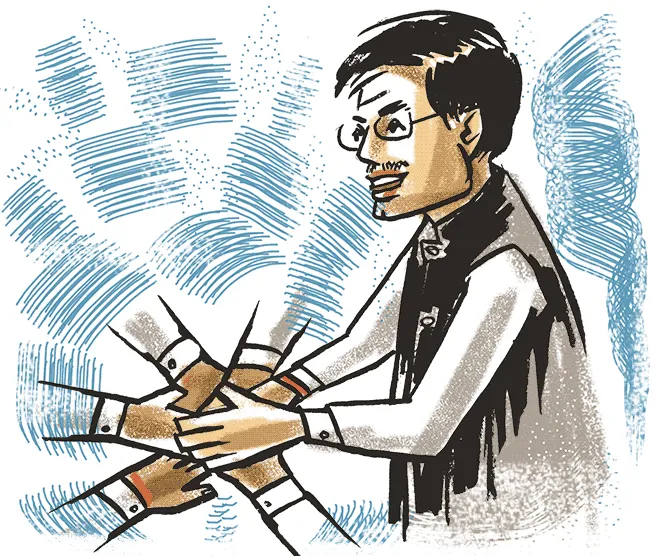India and the European Union (EU) are intensifying efforts to finalize a Free Trade Agreement (FTA) by the end of 2025. Commerce Secretary Rajesh Agrawal is scheduled to visit Brussels this week to meet European Commission Director General for Trade Sabine Weyand. This visit aims to address remaining issues and expedite the negotiation process. The 14th round of FTA talks commenced on October 6, 2025, focusing on key areas such as market access, intellectual property rights, and sustainability. Both parties are optimistic about concluding the agreement within the set timeframe.
Ongoing Negotiations and Key Areas of Focus
The 14th round of FTA negotiations between India and the EU began on October 6, 2025, in Brussels. Senior officials from both sides are engaging in discussions aimed at resolving outstanding issues and finalizing the agreement. Key areas under negotiation include tariffs, market access, intellectual property rights, sustainability, and regulatory cooperation. Both India and the EU are committed to achieving a comprehensive and balanced trade deal that benefits both parties. The negotiations are expected to continue over several rounds, with the goal of concluding the agreement by the end of the year.
Commerce Secretary's Upcoming Visit to Brussels
Commerce Secretary Rajesh Agrawal is scheduled to visit Brussels this week to meet European Commission Director General for Trade Sabine Weyand. This visit is part of India's proactive approach to expedite the FTA negotiations. During the visit, Secretary Agrawal will engage in discussions to address any remaining issues and ensure that the negotiations proceed smoothly. The visit underscores India's commitment to strengthening trade relations with the EU and achieving a mutually beneficial agreement.
Strategic Importance of the FTA
The proposed FTA between India and the EU holds significant strategic importance for both parties. For India, the agreement offers the potential to enhance market access for its goods and services in the EU, a bloc of 27 nations with a combined population of over 450 million. The EU stands to benefit from improved access to India's growing market, which is projected to become the world's third-largest economy by 2030. Additionally, the FTA is expected to foster closer economic ties and promote cooperation in areas such as technology, innovation, and sustainable development.
Challenges and Outlook
Despite the positive momentum, several challenges remain in the negotiation process. Differences persist on issues such as tariffs, intellectual property rights, and sustainability commitments. Both India and the EU are working diligently to bridge these gaps and reach a consensus. The involvement of senior officials, including Commerce Secretary Agrawal's upcoming visit, reflects the high priority both sides place on concluding the FTA. While challenges remain, both parties are optimistic about achieving a balanced and comprehensive agreement by the end of 2025.
Conclusion
The ongoing FTA negotiations between India and the EU represent a significant step toward deepening economic ties and fostering mutual growth. With strategic visits, focused discussions, and a shared commitment to resolving outstanding issues, both sides are working towards finalizing an agreement that benefits their economies and strengthens their partnership. As the year-end deadline approaches, the outcome of these negotiations will be closely watched by stakeholders in both regions.

Comments